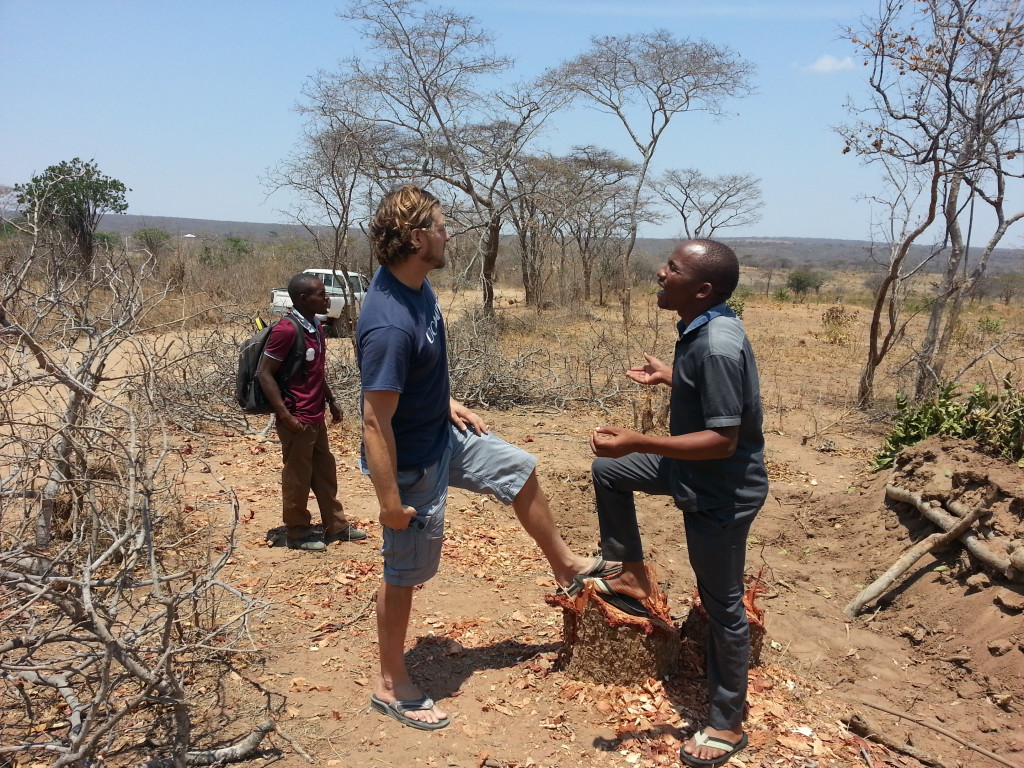December 4th-5th, 2015: Anil Bhargava Presents at STAARS Conference, Ethiopia
Title: “The Effect of Soil Quality on Agricultural Returns and Input Use: Linking Remote-Sensing Land Data with Living Standards Measurement Surveys in Tanzania”
Researcher: Anil Bhargava
Conference: Structural Transformation of African Agriculture and Rural Spaces (STAARS) Conference, Addis Ababa, Ethiopia
Abstract:
As impacts of climate change on ecosystem health are becoming increasingly understood, there is a growing interest in how this affects the welfare of the rural poor. Nowhere is this more important than in Africa, where rural poverty remains high and pressure on natural resources continues to build. This researh aims to contribute to the policy discussion surrounding this problem by estimating how existing soil quality affects agricultural production and technology adoption in Tanzania. We use high-resolution remote-sensing soil data matched to the World Bank’s nationally representative Living Standards Measurement Study in Tanzania in order to quantify impacts on production and uncover the relationship with subjective valuation of land value and input use. Results show that, after controlling for unobserved farmer characteristics using farmer fixed effects, inherent levels of soil quality, as measured by soil organic carbon content, increase agricultureal returns by roughly USD $6 per additional gram per kilogram of soil organic carbon content, or an elasticity of 18-23%. However, there is no effect on land value or agricultural input use, suggesting a gap in knowledge between actuall effects of soil quality and how they matter to farmer beliefs and actions. Agricultural policies targeting increased input use and production should, therefore, take into accout these soil properties and their interactions with farmer behavior, which have often been neglected in discussions how to increase agricultural productivity. Because we can control for household-specific market imperfections, these results further suggest that policies targeting improved information of the importance of soil quality and its interactions with input use would complement those addressing market imperfections.
Anil conducting field work in deforested agricultural land in Tanzania.
News
IFRI Special Issue Collaboration
(17/09/2016)
FLARE Announces Keynote Speakers


